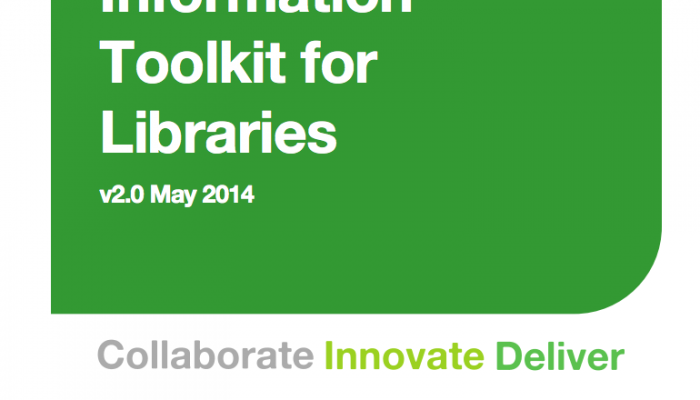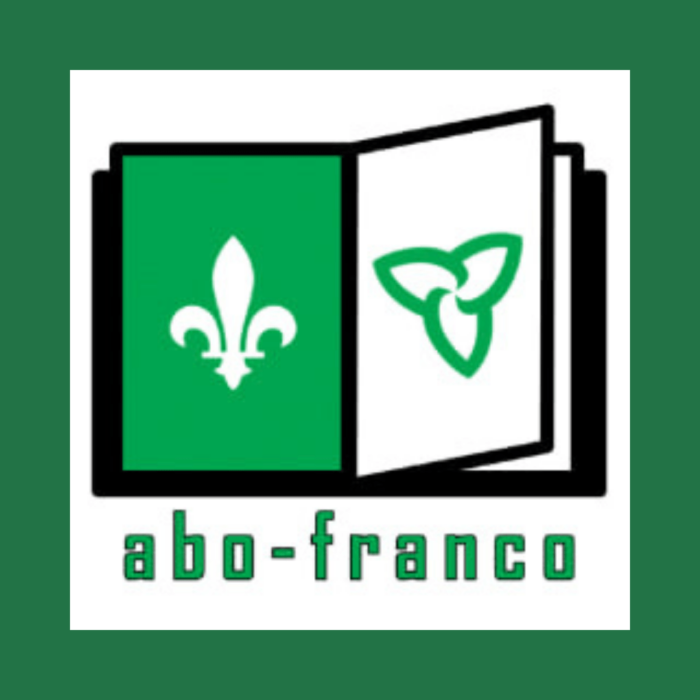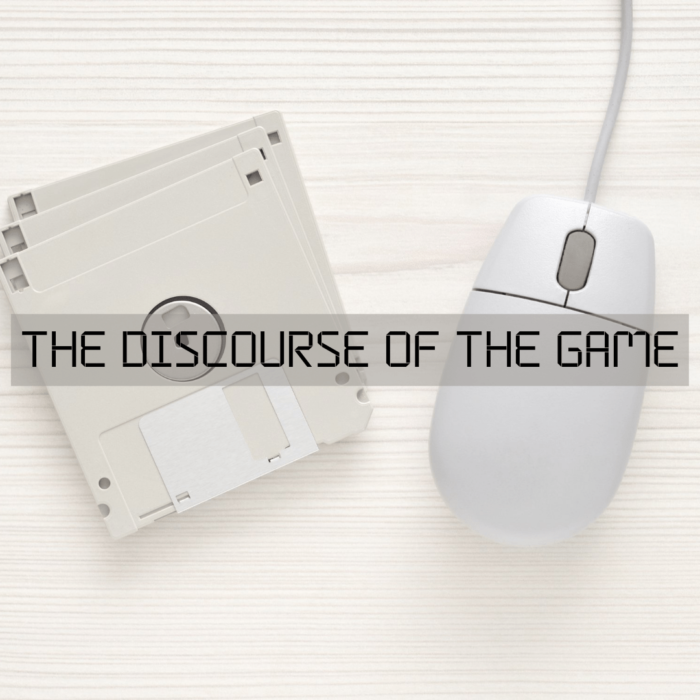Generative AI have sparked debates in higher education, especially after ChatGPT’s release in November 2022. However, an often-overlooked aspect is the emotional weight LIS professionals have noticed about this emergent technology.

Elevator Speech on Accessibility
How to build a website?
How to build an engaging website?
How to build an engaging website that is also accessible?
How to build an engaging website that is accessible and send out accessible promotions about it?
Themes of accessibility have been slowly permeating library conference programs and committee agendas. IT, public services, collection development … asking professionals to develop core accessibility competencies is quickly becoming the new norm.
Having recently delivered a lecture at the University of Toronto’s iSchool, I remember being rather pleased with myself for teaching students something I knew they have not yet heard a lot about. It was also satisfying to be able to talk about libraries as pioneers and innovators, which in the case of Ontario university libraries is particularly true when talking about accessibility.
Taking OCUL projects to the Carleton Accessibility Summit this past July – projects like the ACE service, the Accessibility Toolkit and, albeit in very early stages, ROAM – I quickly realized how progressive we are on the international arena. Presenting side by side with folks from Europe and the US, the work produced by the Ontario university libraries stood out for being timely and practical.
So what’s next?
The OCUL Accessibility Community is currently establishing processes for the continued development of the Accessibility Toolkit (now freely available for you in English or French on the OCUL website) as well as tackling the development of the Canadian VPAT – Voluntary Product Accessibility Template, which is currently designed to help vendors in the United States understand their ADA compliance.
Another exciting accessibility advocacy opportunity came in the form of a Visiting Program Officer (VPO) position for yours truly. In this role, I will act as a liaison between OCUL and the ARL, developing strategies to promote awareness about accessibility directly to publishers.
We know that Elsevier was the first to sign the Charter for Accessible Publishing from the Accessible Books Consortium (ABC), but we would like to know what accessibility work is underway with major publishing houses such as Pearson, McGraw-Hill, WLU Press and others. Do publishers understand how important accessible content is for libraries and what does accessibility mean in the context of their current business models? What do publishers know about accessibility legislation in the United States or Ontario and how do they plan to meet these requirements?
I look forward to continuing this discussion in the form of webinars, workshops and conference presentations. Stay tuned for more updates on the OCUL website or follow me on Twitter @Socialbrarian.
Katya Pereyaslavska is the Scholars Portal Accessibility Librarian at the Ontario Council of University Libraries (OCUL) and currently a Visiting Program Officer at the Association of Research Libraries. She can be reached at katya [at] @scholarsportal.info.


